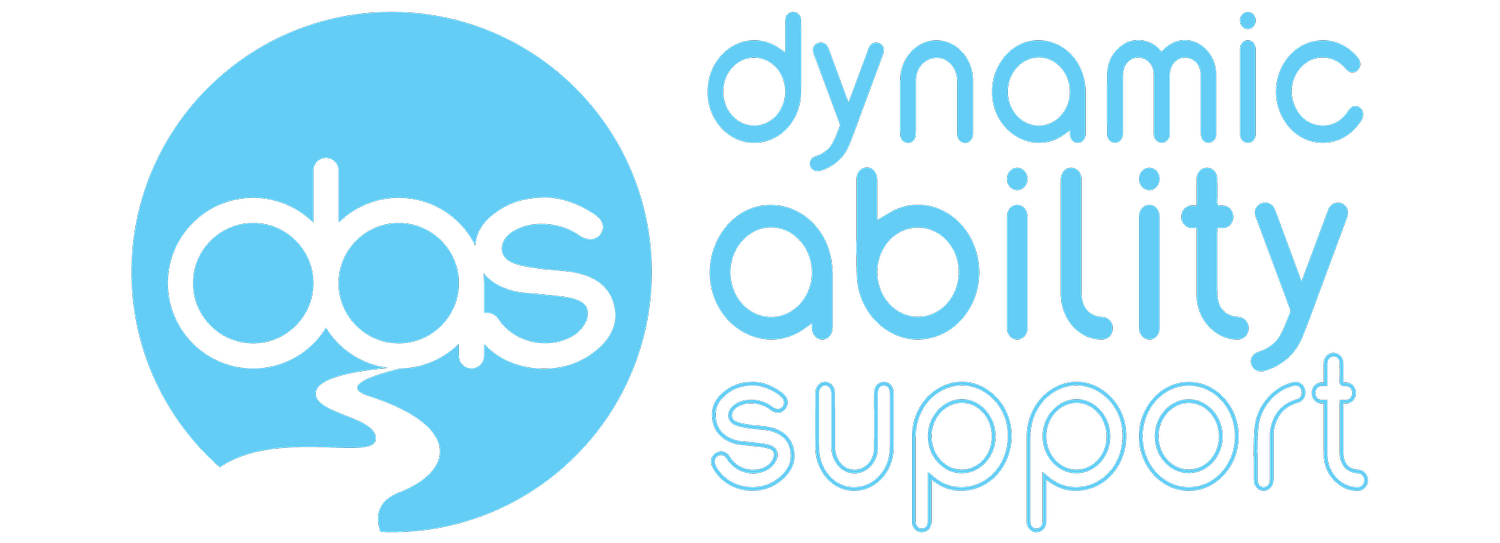Cultivating Well-being and Friendship: The Power of Community Gardening
In today's fast-paced world, where screens dominate our attention and isolation is on the rise, finding meaningful ways to connect with others and nurture our mental and physical well-being has become crucial. Enter community gardening, a practice that not only reaps a harvest of fresh produce but also nourishes our souls through improved mental health, physical activity, and social interaction. And now, there's a new program on the horizon at Dynamic Ability Support that aims to magnify these benefits - "Supporticulture."
A Breath of Fresh Air for the Mind
The therapeutic effects of nature have been recognized for centuries, and community gardening offers an accessible way to tap into this healing power. Spending time outdoors among greenery and growing plants can have a remarkably positive impact on mental health. For individuals living with intellectual disabilities, the sensory experience of touching soil, smelling the earthy aroma, and watching seeds transform into thriving plants can be incredibly enriching.
Studies have shown that gardening can reduce stress, anxiety, and symptoms of depression. It promotes mindfulness as one immerses themselves in the present moment, tending to plants and observing their growth. This newfound focus can be particularly beneficial for individuals facing cognitive challenges, providing a structured and rewarding activity that boosts self-esteem and a sense of accomplishment.
Growing Together
In an era where sedentary lifestyles have become all too common, community gardening provides a practical solution to staying active. Tilling the soil, planting seeds, weeding, watering, and harvesting all involve various physical movements that contribute to cardiovascular health, muscle strength, and overall fitness. The beauty of gardening is that it offers a low-impact way to engage in regular physical activity, catering to diverse abilities and fitness levels.
For many people, physical activity is often intertwined with their overall well-being. The "Supporticulture" program recognises this connection and creates a safe and enjoyable space where participants can engage in gardening activities tailored to their needs. This inclusive approach fosters a sense of belonging and empowers participants to care for both their bodies and the environment.
Blossoming Friendships
Isolation can cast a shadow on the lives of people living with disabilities, limiting opportunities for social interaction. Community gardening acts as a bridge, connecting individuals through a shared passion for plants and the great outdoors. When hands join in the act of nurturing a garden, hearts and minds also intertwine in meaningful ways.
"Supporticulture" takes this social potential to the next level. By creating a program centred around community gardening, it provides a platform for individuals to form genuine friendships, exchange stories, and learn from one another. The garden becomes a collaborative project that brings people from diverse backgrounds together, breaking down barriers and fostering a supportive network.
"Supporticulture" is not just a gardening program; it's a holistic approach to enhancing life experiences. Through the joys of planting, nurturing, and harvesting, participants can experience the transformative benefits of improved mental health, physical activity, and social engagement. As they cultivate their gardens, they also cultivate a sense of belonging, purpose, and a newfound zest for life. So, let's embrace the power of community gardening and watch as it blooms into a tapestry of well-being and friendship.
